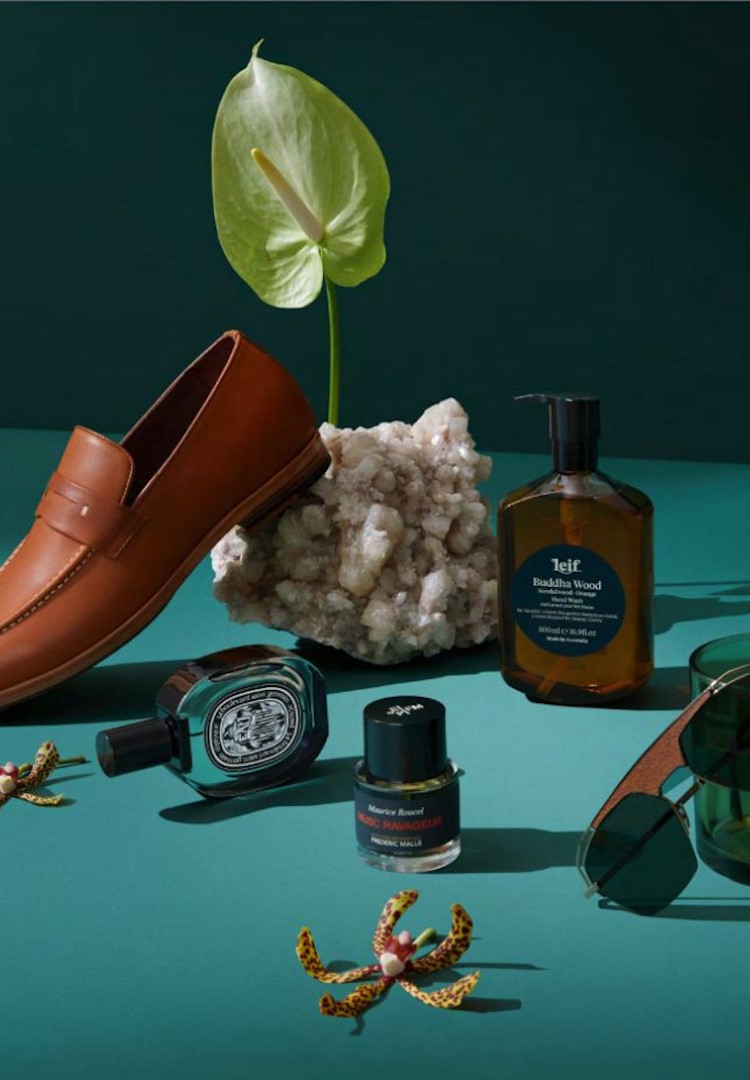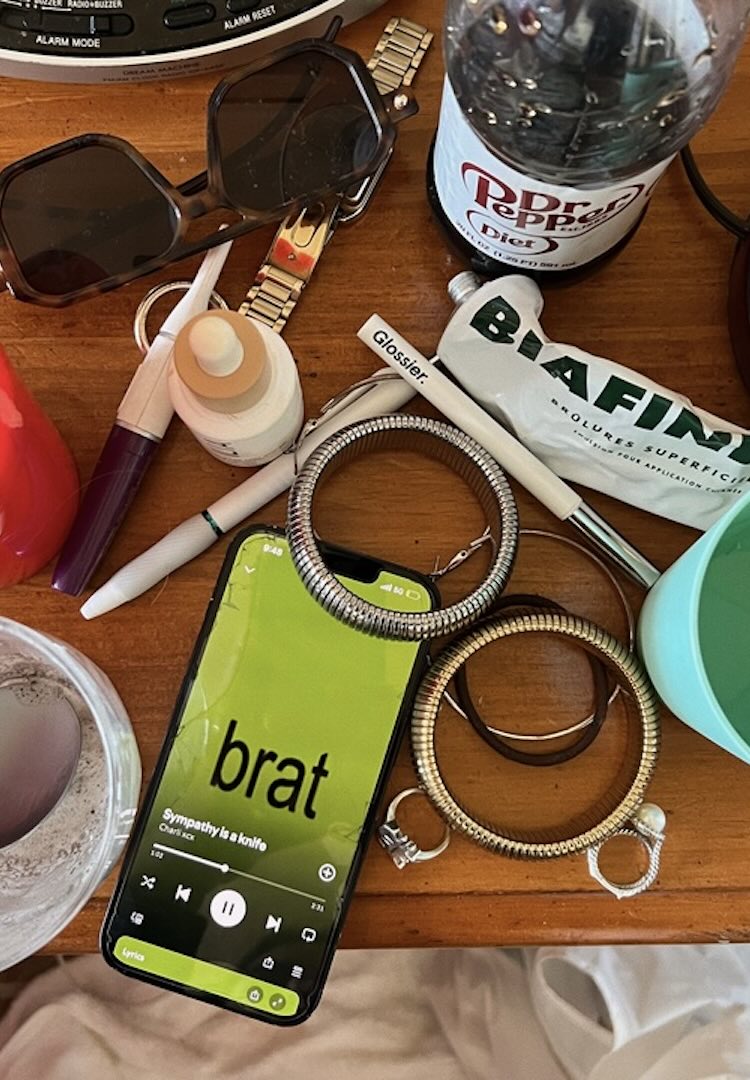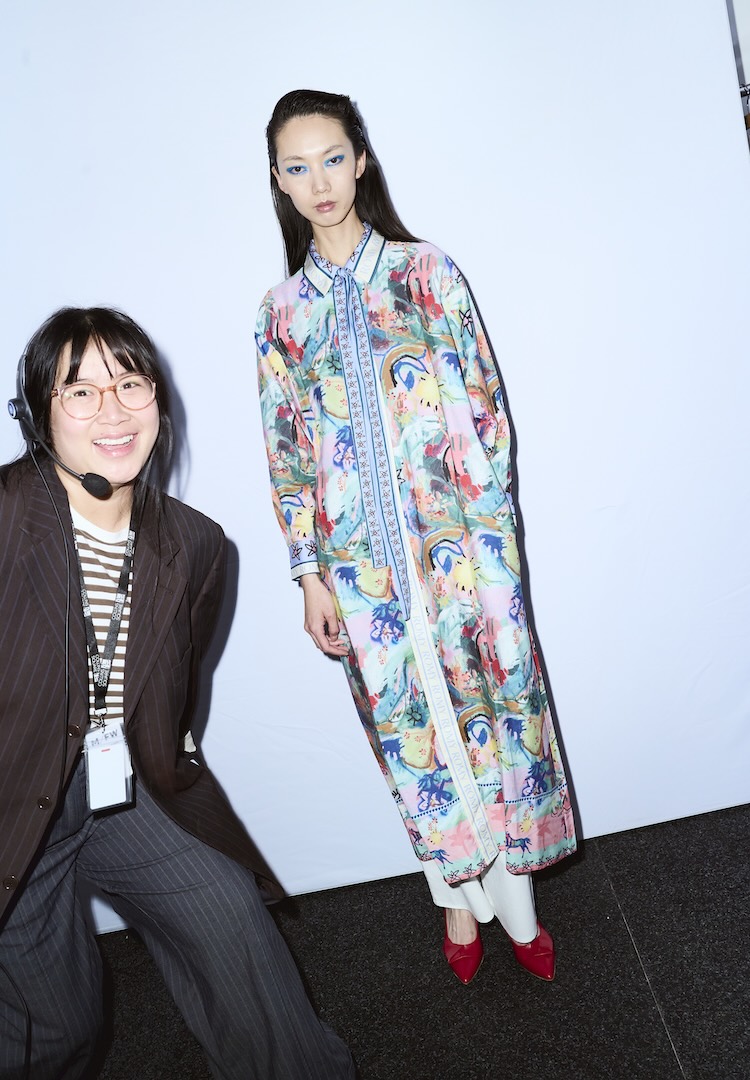Thank god we’re finally moving past girl boss culture
Photography by Jordan Drysdale
Words by Ruby Staley
Why girl boss culture fell in on itself, and where to from here.
“Fortune favours the bold who get shit done” or so ‘girl boss’ pioneer Sophia Amoruso would have you believe. Her book #Girlboss captured the zeitgeist of 2014 and promised young women that they could be just as successful as her, if only they worked hard enough.
As the founder and CEO of multi-million-dollar, female-centric fashion empire, Nasty Gal, she supposedly embodied the girl boss movement. With the publication of her book, the term quickly became shorthand for successful female founders and CEOs, particularly those who were pioneers in their fields and aggressive in their success.
At its peak, the girl boss became a cultural movement. Sophia created a media company with the same name, describing it as a “professional network for ambitious women”, its primary aim being to empower millennial women. There was even a 13-episode television show, Girl Boss, starring Britt Robinson as Amoruso, that told the story of Nasty Gal’s creation and charted her seemingly meteoric rise to the top.
Over the course of the mid-to-late 2010s, the list of females and companies that identified with this movement grew exponentially, culminating in a generation of women clambering for success, desperate to become the next entrepreneurial girl boss of the moment, and it didn’t necessarily matter who they had to step on in order to get there.
The downfall of the girl boss
For some, being a girl boss meant succeeding, making money and growing a business – it was a term and a movement that inspired and motivated, something that was plastered across phone backgrounds and coffee cups, egging us on as we worked tirelessly to make our pipedreams a reality. But for others, particularly those at the lower rungs of the professional ladder, the girl boss persona was a false exterior of feminist ideals constructed to mask the toxic reality of their workplace culture.
Despite her motivational book and outwardly feminist personal brand, Sophia amassed her fortune from fast fashion, an industry that is notorious for exploiting and profiting off black and brown women. Her career at Nasty Gal was plagued with accusations of abusive management and discrimination, all culminating in the company filing for bankruptcy in 2016. But the ramifications of the girl boss culture she created go far beyond her personal downfall.
In an episode of Australian pop-culture podcast Culture Club, co-host Jasmine Wallis discusses the disconnect between the external picture of empowerment and positivity some companies project, compared to what’s going on internally.
Girl boss culture is “meant to be about empowering women and being boss bitches,” she says, but notes many fast fashion companies peddle this narrative of empowerment “while they literally step on the backs of garment workers”.
If your feminism isn’t accessible to most women then what are you really championing?” she asks.
And this is how girl boss culture falls in on itself. When female CEOs and managers mimic the behaviour of the archetypal male boss, the patriarchal barriers placed in front of women in the world of work remain the same – they aren’t deconstructed, instead, they’re reinforced.
While operating a business is a huge responsibility, the rise of female founder-centric social media content has instilled a widespread belief that being the boss of a multi-million-dollar company is easy or, at the very least, something within reach for most women. Ana Piteira, the founder of PR Agency Omg Five and accessories labels Reliqiua, Respiro and Valet Studio, thinks it’s incredibly problematic that women strive towards this fictional, one-dimensional idea of what a boss is.
“I think the idea that you’re not doing well in life unless you’re being a girl boss is really problematic,” she says. “It’s bizarre that we should preface it with the word girl because no one ever says ‘boy boss’. Anyone who manages to run a small business or build up a brand should be celebrated, because it’s not an easy thing to do.”
Thankfully, in 2020, the girl boss narrative seems to be coming to an end. This year has seen numerous female bosses and CEOs stepping down over allegations of toxic and discriminatory workplaces, and with their demise, the girl boss fallacy has finally been exposed for what it is.
Earlier this year, Business of Fashion reported that Yael Aflalo, founder of sustainable womenswear brand Reformation, had stepped down as CEO after accusations of racism from within the company. She quickly published an apology, saying she had failed as a leader in a way that had gone against the feminist ethos of the brand.
Emily Weiss of Glossier, Leandra Medine of Man Repeller and Ellen DeGeneres are also examples of how unapologetic, white feminist ambition as brand can backfire. Although details are varied, these women were commonly upheld as examples of inspiring female bosses, but have since battled individual allegations of racism, discrimination or toxic workplace cultures.
The transparency trend and the rejection of hustle culture
Call-out culture is likely partially responsible for the recent takedowns of certain female bosses and companies, and it also has a role to play in the increasing demands for brands to be more transparent. Gone are the days of consumers simply purchasing a product because they like the look of it. We now want to know the company’s story and the person – not just the image they project – behind the product, too.
After being subjected to years of unattainable girl boss culture and meaningless platitudes like “Build your own empire” and “Once you become fearless, life becomes limitless”, people are hungry for honesty.
Alternative Australian beauty company Fluff goes against the grain and tries to break down barriers with its customers to prove that building a start-up is no easy feat. Fluff’s founder, Erika Geraerts, believes the term girl boss doesn’t hold weight anymore, because of the tendency for everyone and anyone to call themselves that.
“I don’t know why so many young people think that they need to start their own business when there are so many established companies that you can work for and still make a change. We’re not presented with the whole picture of a business and there’s so much more behind the scenes that doesn’t get told,” she explains.
As the curtains begin to close on the girl boss narrative, there’s also been a similar rejection of hustle culture. COVID-19 has forced many workers to re-evaluate their priorities, and mass closures, redundancies and a reduction in hours for employees around the world have seen 50-hour plus work weeks abandoned.
Fuelled by a commitment to change the beauty industry from within, Fluff is actively pushing back against the culture that champions non-stop working and the associated consumer mentality. “Hustle culture promotes a pursuit of profit over purpose. There’s a point when you should ask yourself if you’re just adding to noise or landfill. What is the actual benefit and does it just serve me?” Erika says.
In a similar vein, Ana incorporates self-care practices and realistic work structures across her various businesses, with the aim of dismantling the workaholic ideology rampant in the fashion and public relations industries.
“The bizarre obsession with hustling and wearing yourself down in the hopes of one day becoming a girl boss I hope is dying down,” she says. “I don’t think it’s a healthy movement. Not everyone needs to have a side hustle, lots of people can be contributing to society from within companies they are passionate about.”
Where do we go from here?
Now that we are collectively moving away from girl boss culture and breaking free from the chains of non-stop hustling, it’s essential that consumers continue demanding transparency from brands and companies, and that those in positions of power listen to and learn from their employees. We need to leave archaic gender roles in the past and empower businesses and female bosses to focus on purpose over profit.
But most importantly, we need to deconstruct the narrative of female empowerment in the workplace and make way for a new type of female boss, one who doesn’t feel that they have to adopt the same approach as men in order to be taken seriously.
Looking to step up to a career in fashion? Each week we send a wrap of industry jobs straight to your inbox. Enter your details below and we’ll keep you in the loop, or browse current openings here.













